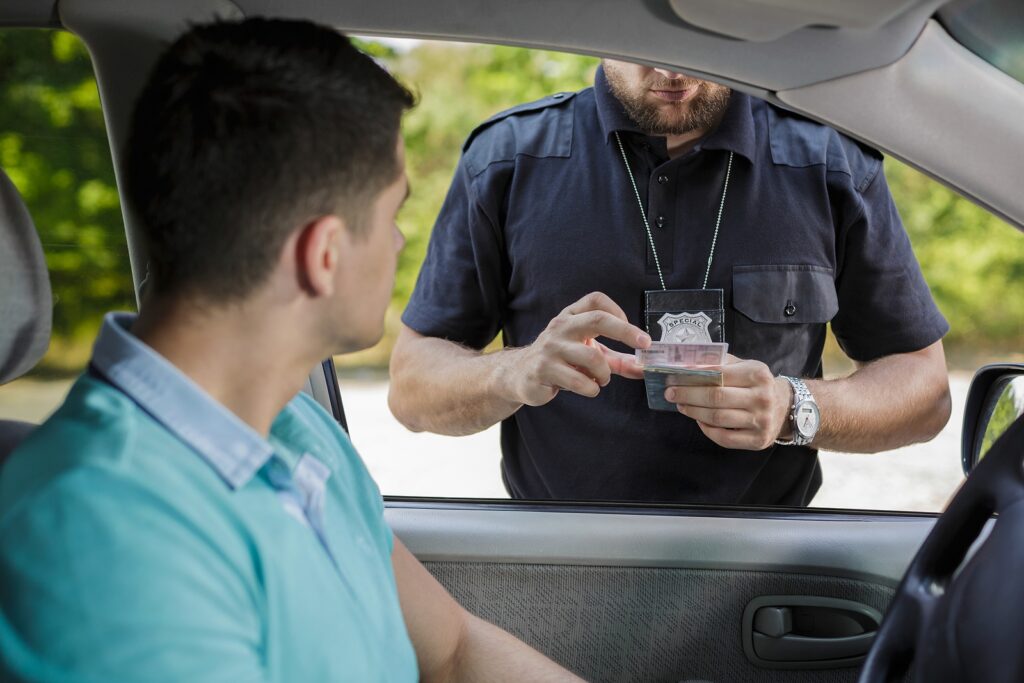In Massachusetts, there are essentially two ways to seal your criminal record. The first is through an application to the Commissioner of Probation. The second is by filing a petition with the Court. Each has its own set of rules which are discussed below.
Application to Commissioner of Probation (First Method)
In order to file this application, you have to understand what type of offense you’re trying to have sealed. Is it a felony? Is it a misdemeanor? Is it a juvenile offense? Is it a sex offense? The type of offense we’re trying to have sealed, that will determine how long you have to wait before you can submit this application.
Misdemeanor or Juvenile Offense
In the case of a misdemeanor or a juvenile offense, you have to wait three years from the time the case is all over. The time period doesn’t just mean the time you spent before the judge. If you got put on probation or incarcerated in some way, it’s three years from the date of your last day on probation or being incarcerated. So, you would have to wait 3 years from the last day of those events.
Felony Offense
In the case of a felony, that time period is seven years.
Sexual Offense
In the case of a qualifying sex offense, you have to wait 15 years from the time the case is all over before you can submit an application to the Comissioner of Probation to have that record sealed.
Need to Have Stayed Out of Trouble During Those Time Periods
It’s also important that you weren’t convicted of any other crime in Massachusetts or elsewhere during any of those periods of time. If you were, that can extend that period of time in which you’ll have to wait to have that record sealed.
You Get the Benefit of Changes in the Law
There are certain exceptions to these waiting periods that could work in your favor concerning your sealing application. For instance, if the legislature has changed the crime designation from a felony to a misdemeanor since the time that you were in court. For instance, maybe the crime was a felony when you went to court, but since that time the legislature has said, “We’re going to redesignate that crime,” and now it’s a misdemeanor, you only have to wait the period of time required for the misdemeanor (i.e. 3 years instead of 7 years). You’re going to get the benefit of that change in the law.
Likewise, if the legislature has decriminalized a particular law, you also get the benefit of that change. Where the particular crime has been decriminalized, you don’t have to wait at all and can seek to have that record sealed immediately upon the change in the law. The most common example of this would be a charge for simple possession of marijuana. Marijuana was decriminalized and ultimately legalized. So in those circumstances, if you had a conviction for possession of marijuana on your record, you could seek to have that sealed right away.
When You Can’t Get Your Record Sealed
This type of application to the Commissioner of Probation will never work for certain types of offenses. Some of these include charges involving gun law violations, such as, possession of a firearm without a license; perjury, or for certain crimes involving public corruption. This method will not work for these types of crimes. There’s a whole list of crimes that will not be allowed to be sealed in this manner. You need to look at the law carefully to know whether your charge may not qualify to be sealed.
Filing a Petition With the Court (Second Method)
A different method you can use to get your criminal record sealed to Massachusetts is a petition to the court. A judge decides whether to seal the particular criminal record. In the event where you went through a case and it worked out in your favor, such as where the case got dismissed or the prosecutor withdrew the charges (called a Nolle Prosequi or “Nolle Prossed”), you can file this petition right away.
You need to submit a petition to the court, stating the particular reasons why you want the judge to seal the criminal record. You have to demonstrate to the judge that the substantial interests of justice require the record be sealed. What this really means is that you need to convince the judge that the record of this case is going to substantially impact your life in a negative way. It might affect your ability to get a job or housing, for example.
You also have to show that this negative affect outweighs the public’s need for the information about your criminal record. The judge has the discretion to consider the facts and circumstances when making this decision of whether or not to seal your criminal record.
The Court is Supposed to Seal Some Cases Automatically
In a case where you went to trial on something and were found not guilty by a jury; or where a grand jury refused to indict you (called a “no bill”); or where there is a finding by the court that charges were not supported by probable cause, the Court is supposed to automatically seal the criminal record relating to that offense.
If you have any questions, please feel free to give me a call or shoot me an email.






